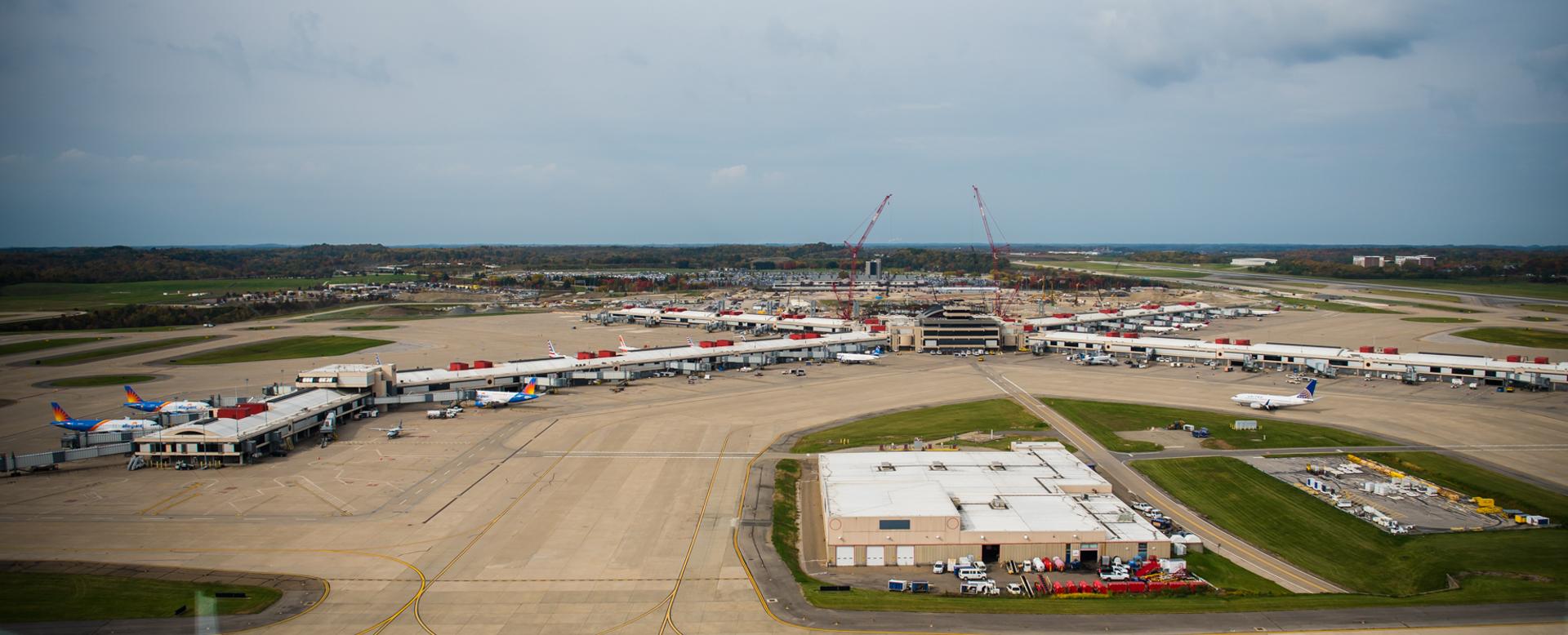
ISTANBUL—Pittsburgh International Airport (PIT) is on the verge of revealing plans to produce sustainable aviation fuel (SAF) on-site.
The airport, which is already the first in the U.S. to have a self-sustaining microgrid, is in the process of finalizing a request for information for SAF production that should be issued by July.
However, Christina Cassotis, CEO of Allegheny County Airport Authority, which oversees developments at the airport, hinted that an announcement could be made sooner. She stressed that PIT’s approach would not be limited to a single solution but rather focus on finding the optimal combination of strategies.
“We have already established contracts with a couple of hydrogen production companies, leveraging our natural gas resources to facilitate hydrogen production,” Cassotis told ATW at the IATA AGM in Istanbul, Turkey. “Our goal is to accelerate the adoption of cleaner and greener fuels and actively contribute to addressing the pressing global need within the aviation industry.”
PIT became the first airport in the world to be completely powered by natural gas and solar energy in summer 2021 as part of its microgrid. The power generated at PIT is the primary supply for the entire airport, including the terminals and airfield. Power is generated in part through natural gas wells and 9,360 solar panels across eight acres.
Cassotis said PIT intends to take a “crawl, walk, run” approach to the production of SAF, starting first with plans to blend on site. She added that the airport would also be able to export SAF thanks to its proximity to the Ohio River, allowing for transportation to other highly populated airport communities that lack space for their own production facilities.
A study undertaken by the National Energy Technology Laboratory in 2021 found that it would be technically feasible to construct and operate a gas-to-liquids (GTL) facility at PIT. It said that a 6,000-barrel per day facility evaluated would produce nearly 70 million gallons of synthetic jet fuel per year, which could supplant about 85% of current jet fuel consumption at PIT.
The on-site SAF production plans come as PIT in May reached the halfway point of its new 700,000 sq. ft. terminal development, part of a $1.4 billion modernization program. The project is supporting more than 14,000 direct and indirect jobs and will create nearly $2.5 billion of economic activity and investment.
“We are halfway through construction we expect to be opening in early 2025—I'm very pleased with how everything is going,” Cassotis said. “Despite the pandemic, we have held to that schedule.”





